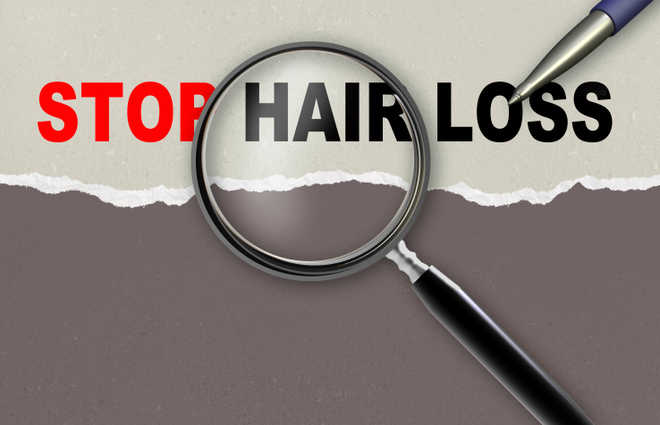
Washington
Scientists have successfully used human stem cells to generate new hair, paving the way for a potential new cure for baldness.
The study from Sanford-Burnham Medical Research Institute (Sanford-Burnham) in US represents the first step towards the development of a cell-based treatment for people with hair loss, researchers said.
"We have developed a method using human pluripotent stem cells to create new cells capable of initiating human hair growth. The method is a marked improvement over current methods that rely on transplanting existing hair follicles from one part of the head to another," said Alexey Terskikh, associate professor in the Development, Ageing and Regeneration Programme at Sanford-Burnham.
"Our stem cell method provides an unlimited source of cells from the patient for transplantation and isn't limited by the availability of existing hair follicles," said Terskikh.
The research team developed a protocol that coaxed human pluripotent stem cells to become dermal papilla cells.
They are a unique population of cells that regulate hair-follicle formation and growth cycle.
Human dermal papilla cells on their own are not suitable for hair transplants because they cannot be obtained in necessary amounts and rapidly lose their ability to induce hair-follicle formation in culture.
"In adults, dermal papilla cells cannot be readily amplified outside of the body and they quickly lose their hair-inducing properties," said Terskikh.
"We developed a protocol to drive human pluripotent stem cells to differentiate into dermal papilla cells and confirmed their ability to induce hair growth when transplanted into mice," said Terskikh.
"Our next step is to transplant human dermal papilla cells derived from human pluripotent stem cells back into human subjects," Terskikh added.
The research was published in the journal PLOS One.
PTI



























